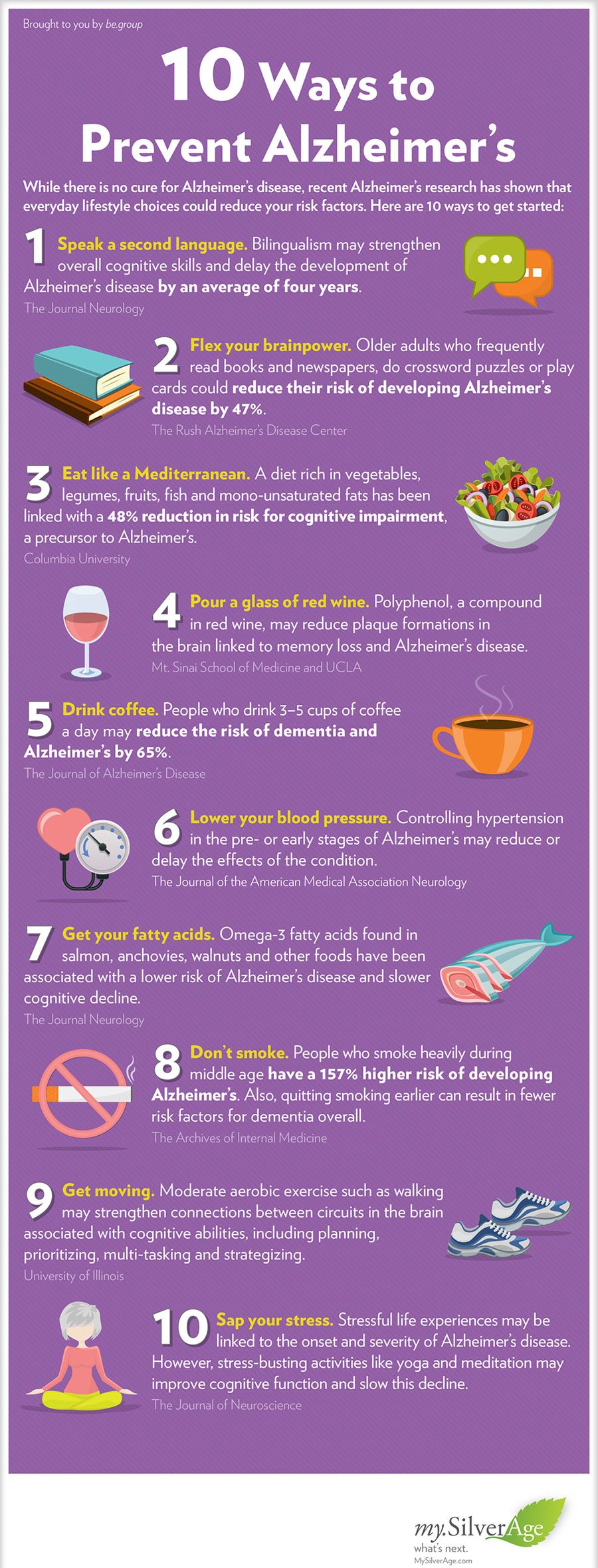According to an expert report, a third of dementia cases worldwide could be prevented by the management of lifestyle factors such as smoking, hearing loss, depression and hypertension. The benefits of nonpharmacologic interventions such as exercise and social contact for dementia patients are also highlighted in the report.[1]
24 international experts were brought together to systematically review existing research and present evidence-based recommendations for the treatment and prevention of dementia. There are approximately 47 million people that have dementia worldwide and that number is estimated to be more than double by 2050.
The report identifies 9 risk factors that increase the chance of dementia. The report says approximately 1 in 3 cases of dementia is attributable to these risk factors.
By improving education in early life and dealing with obesity, hypertension and hearing loss in midlife, dementia incidence could be reduced by up to 20%, combined.
The management of diabetes, treating depression, smoking cessation, the increase of social contact and the increase of physical activity in late life could reduce dementia incidence by another 15%.
The effect of nonpharmacologic interventions for dementia patients was also examined and the conclusion was that they had an important role in treatment, particularly when dealing with aggression and agitation.
Antipsychotic drugs are usually made use of for treating aggression and agitation, but the concern with these drugs is that they can increase adverse cardiovascular events and risk of death, besides excessive sedation.
It was shown that environmental, social and psychological interventions like social activities and contact were superior to antipsychotics for the treatment of aggression and agitation related to dementia.
It was also found that nonpharmacologic interventions such as exercise and group cognitive stimulation therapy offered some benefit in cognition as well.
The full report presents detailed prevention recommendations, individualizing dementia care, treating cognitive symptoms, managing neuropsychiatric symptoms, caring for caregivers, future planning after a dementia diagnosis, and considering the end of life.

Image Source: mysilverage
Want to use our images on your site? Right click on image for embed code
